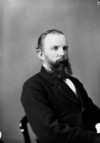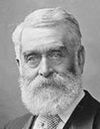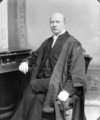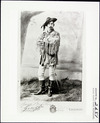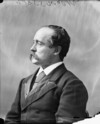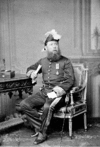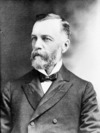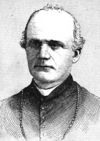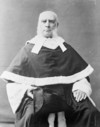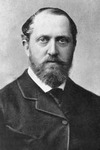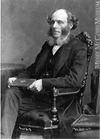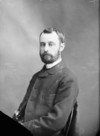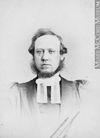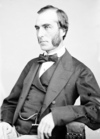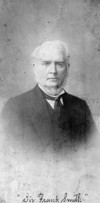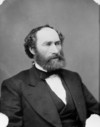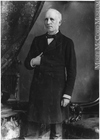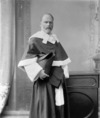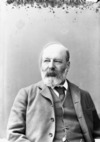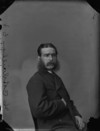totally unacceptable to Wood, who was pushing for 25 per cent. On 7 March Conservative leader Sir John A. Macdonald
. Macdonald* that Whiteway’s change of mind had killed confederation, and it had certainly been an important factor. But it was by no means the only one; few Newfoundland politicians would risk their
attempts. Believing that their interests were not represented in the government of Sir John A. Macdonald*, in 1888 they
Minister Sir John A. Macdonald* began to suspect that Walsh was lukewarm in his efforts to persuade the Sioux to leave, and
“the little Trickster.” And even Sir John A. Macdonald*, who was
more to his liking. His enthusiasm was piqued by Prime Minister Sir John A. Macdonald*’s plans to establish the Canada
. Macdonald* and demanded the dismissal of the lieutenant governor for exceeding his authority. The Conservatives won a smashing victory.
Foreseeing
. Macdonald*’s government refused to carry out the disallowance. Costigan and Anglin thereupon prepared to move no-confidence. On 18 May, at the invitation of Bishop Ignace
.”
The year following this investigation, Strong, as a friend and legal adviser of Prime Minister Sir John A. Macdonald
, and sought to impress on Prime Minister Sir John A. Macdonald* the importance of a small but efficient militia, smaller
withdraw from a royal commission on canals, to which he was appointed in November 1870 by Prime Minister Sir John A. Macdonald
. Macdonald*. He urged the prime minister in 1885 to invite Thompson to join the cabinet after he himself had apparently declined a position. Although Stairs spoke infrequently in parliament and did not
government of John Sandfield Macdonald* announced the elimination of yearly grants to universities. These two developments reduced Queen’s
sometimes be justified (he reluctantly supported Sir John A. Macdonald*’s arguments for a National Policy), collectivism and
Wright*, a labour organizer and Tory stalwart, went so far in June 1886 as to warn Prime Minister Sir John A. Macdonald
. Macdonald*’s federal government over the Pacific Scandal, the Liberals assumed power under Alexander Mackenzie*. Sinclair’s concerns as an
. Macdonald*, suggesting that the latter might like to support his bid to be appointed governor of Newfoundland. After all, he wrote
Macdonald*, premier and attorney general of the province. Convention permitted the crown’s senior law officer to pursue a private practice and Macdonald retained his in Cornwall, which from 1868 became
emerging friendship with Sir John A. Macdonald* decisively guided his future
. Macdonald*. He “has plenty of pluck & sense.” In 1885 Rouleau and Father Albert Lacombe* would be made the members of the Catholic section






